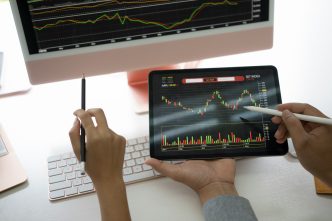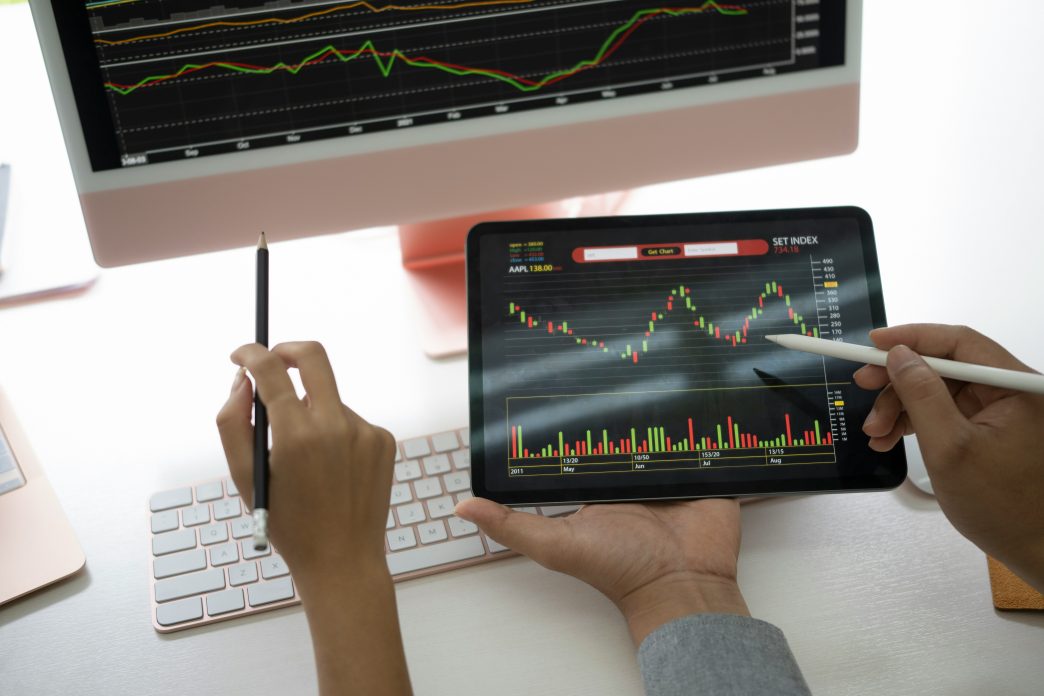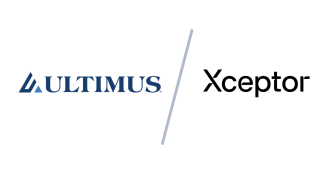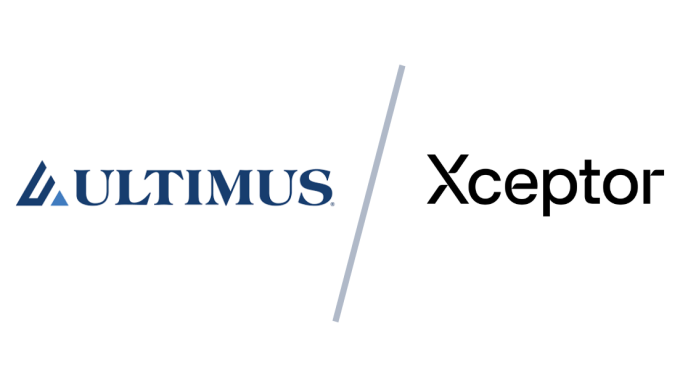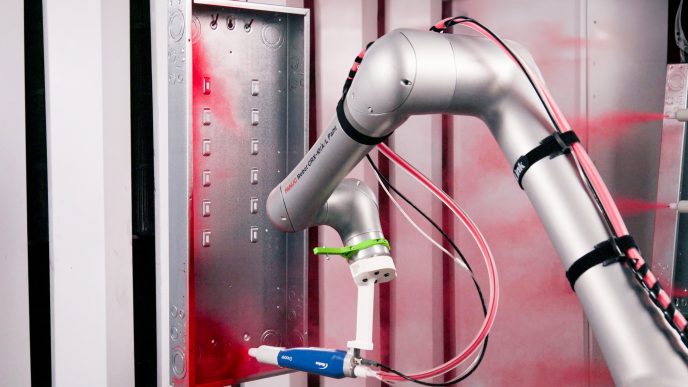While most sectors buckle under geopolitical pressure, large-cap US tech is holding firm—backed by strong balance sheets and global demand.
Nigel Green, CEO of deVere Group, explains: “Big tech remains the most insulated major sector from war-related market shocks. These companies have robust earnings, strong balance sheets, and minimal dependency on commodities or global supply chains, positioning them as a relative safe haven in volatile times.”
“But shielded doesn’t mean immune, and that’s the nuance investors need to understand.”
While energy, transport, and manufacturing sectors face immediate exposure to potential supply chain disruptions and oil price shocks, tech firms continue to operate with minimal direct impact from rising tensions.
Most of the so-called Magnificent 7—Apple, Microsoft, Alphabet, Amazon, Meta, Nvidia and Tesla—generate revenues from digital platforms, AI, cloud infrastructure, and software ecosystems that don’t rely heavily on physical logistics or vulnerable international trade routes.
“Tech’s underlying business models are far more resilient in conflict scenarios than those tied to physical goods or fossil fuels,” says Nigel Green.
“This is a sector powered by data, not diesel.”
This insulation has so far kept big tech steady, even as war risk has rattled broader markets.
The Nasdaq has shown relative stability compared to other global indices, and safe-haven flows into US treasuries and the dollar have yet to spark major selling in tech-heavy portfolios.
But the bigger risk, according to deVere, is not about fundamentals—it’s about sentiment.
“If markets begin to unravel because the US is pulled directly into military conflict, the danger isn’t that tech’s earnings collapse—it’s that widespread de-risking kicks in,” explains the CEO.
“In that environment, the sector’s sheer size and ownership concentration could become a liability.”
Tech now makes up over 30% of the S&P 500 and an even greater share of institutional portfolios and index funds. It’s the most crowded trade in global markets.
This means if investors are forced to raise cash quickly, tech is the obvious source of liquidity. It’s what gets sold—even if it’s still performing.
“This isn’t about a breakdown in business performance—it’s about positioning,” says the deVere CEO. “When large funds need to cut risk, they often sell what they can, not what they want to. That includes big tech.”
He adds that timing matters. If a major escalation occurs outside of normal trading hours, passive funds and algorithmic strategies could trigger automated selling. In such a scenario, liquidity thins and price gaps widen—impacting even the strongest companies.
Still, Nigel Green notes, tech’s relative advantage holds in comparison to other sectors. “It remains the best positioned area of the market from a business continuity perspective,” he says.
“These companies are not scrambling to hedge oil exposure or reroute container ships. But that doesn’t protect them from waves of forced selling in a risk-off stampede.”
Some corners of tech may even benefit as the crisis unfolds. Demand for cybersecurity, secure communications, AI-driven intelligence platforms, and cloud services could accelerate if conflict spreads into hybrid or digital domains.
Firms with deep war chests—like Apple, Microsoft and Alphabet—can use periods of market weakness to buy back stock, expand market share, or double down on long-term innovation.
“What matters now is not just what these companies do—but how the market treats them in a stressed environment,” says Nigel Green.
“Being fundamentally strong won’t always spare you if everyone starts running for the exits.”
deVere is advising clients to continue holding quality tech exposure but to review concentration risk, stress-test portfolio liquidity, and avoid excessive leverage.
“Tech is the most resilient part of the modern market. But it’s also the biggest; and when the herd moves, even the strongest names can get dragged for the ride,” Nigel Green concludes.
